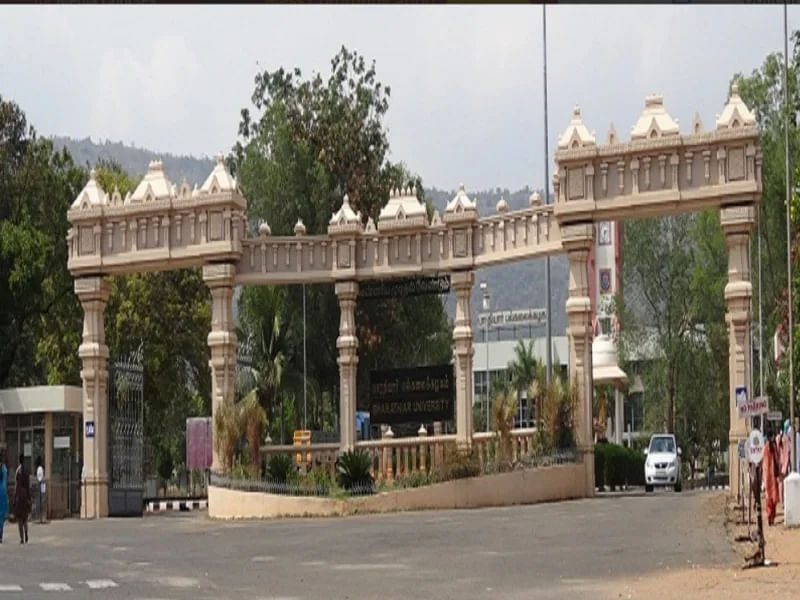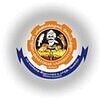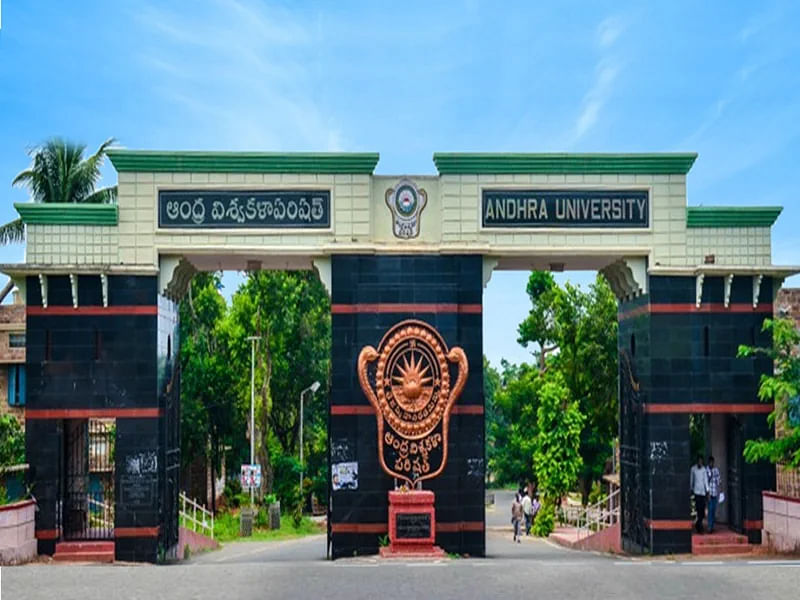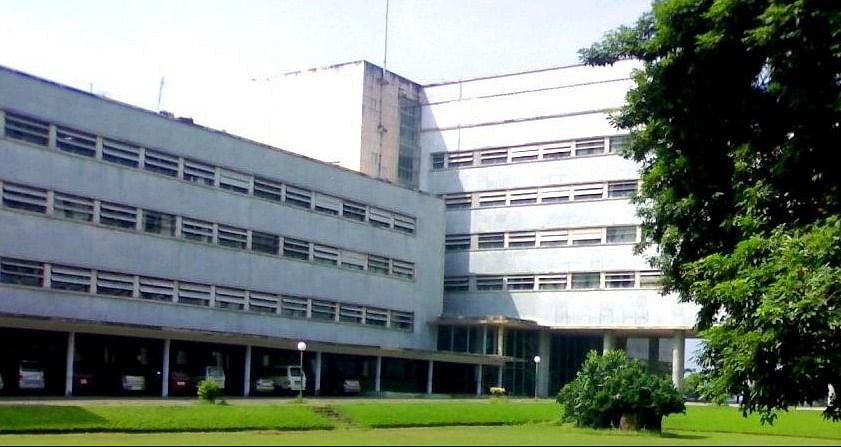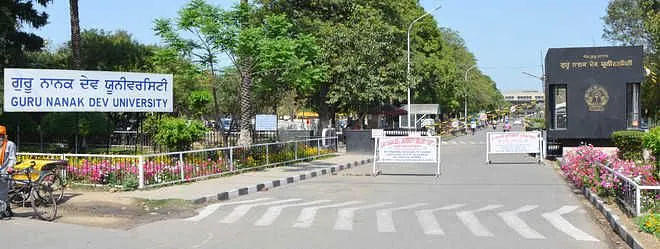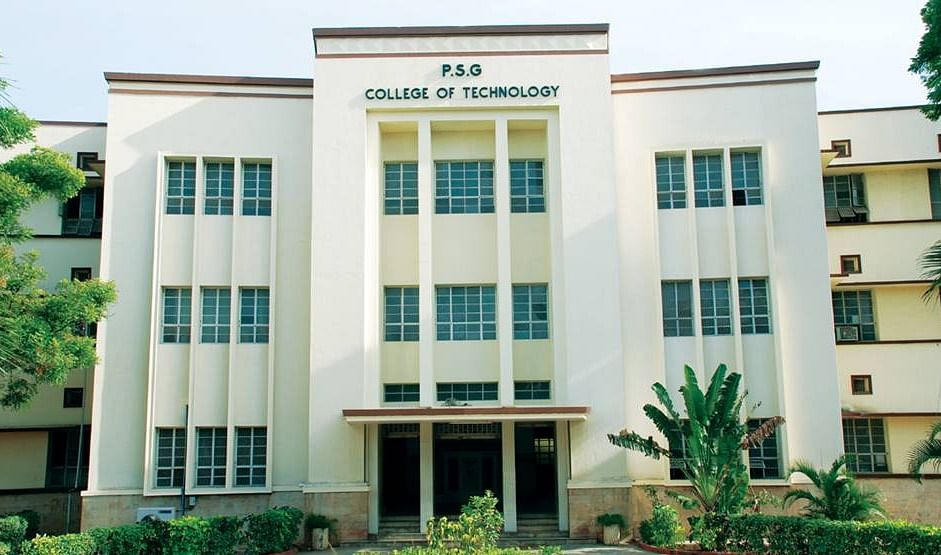PGDM Syllabus and Subjects 2026

PGDM syllabus provides theoretical and practical knowledge of the core functionalities of management along with an in-depth insight into the several domains of business administration. The syllabus for the PGDM courses in India varies depending on the college but the most common PGDM subjects are finance, accounting, economics, business statistics, business law, HRM, etc.
The PGDM course is designed with a lot of case studies and seminars based on the current trends in business administration. The primary focus of the PGDM syllabus 2024 is to instill managerial and entrepreneurial skills in the students. The subjects are covered under 4 semesters in two years.
The PGDM subjects offered are based on industry requirements. Hence, adequate employment opportunities are available in India and abroad. Some of the PGDM career options include Administrative Officer, Business Consultant, Finance Manager, Human Resource Manager, etc.
Table of Contents
- Semester-Wise PGDM Syllabus
- PGDM Subjects
- Specialization wise PGDM Syllabus
- Distance Course PGDM Syllabus
- PGDM Project Details
- PGDM Course Structure
- PGDM Teaching Methodology and Techniques
- PGDM Reference Books
Semester-Wise PGDM Syllabus 2024
PGDM syllabus is well-structured and includes subjects that cover the core areas of management and a series of elective courses aimed at building job-specific skills and knowledge. The PGDM syllabus may differ slightly depending on the university/college. The semester-wise PGDM syllabus is as follows:
PGDM 1st Year Syllabus
PGDM 1st semester syllabus covers the fundamental areas of management. The PGDM 2nd semester subjects cover topics on accounting and finance. Below are the subjects in the PGDM first-year syllabus:
| Semester I | Semester II |
| Organizational Behavior | Operations Management |
| Managerial Economics | Financial Reporting and Control Analysis |
| Accounting for Managers | Macro Economics |
| Marketing Management | Cost & Management Accounting |
| Quantitative Techniques for Business Decisions | Business Research Methods |
| Financial Management | Business Information System |
| Business Communications | Human Resource Management |
Practical Subjects in the First Year PGDM Syllabus
Some of the practical topics in the 1st-year PGDM syllabus are given below:
- Foundations of MS-Office
- Statistical Applications – Measures of central tendency in MS Excel
- Business Research with SPSS
- Analysis of database using MS Access
PGDM 2nd Year Syllabus
The second-year syllabus for PGDM includes topics on Business Policy and CSR initiatives. Below is the table that lists the subjects taught in the 2nd-year PGDM course:
| Semester III | Semester IV |
| Legal Aspects of Business | International Business Environment |
| Project Management | Business Policy & Ethics |
| Strategic Management | CSR and Sustainability |
| Electives | Electives |
| Skill- Development for Final Placement | Corporate Personality Development |
| - | Project Work |
Practical Subjects in the Second-Year PGDM Syllabus
Some of the practical topics in the 2nd-year PGDM course are given below:
- R & Python for Business Analytics
- Web Designing with HTML, PHP, and other web applications
- Summer Internship Evaluation and Presentation
- Global Business Project
PGDM Subject List
PGDM course subjects are a combination of studies based on various domains associated with management which include Finance, Marketing, Human Resource Management, Operations, etc. Subjects in the PGDM syllabus aim to provide the practical-oriented techniques and necessary expertise that follows the best industry standards. Following is the PGDM subjects list consisting of core & elective topics:
PGDM Core Subjects in Detail
PGDM core subjects focus on basic management principles in Finance, Human Resource Management, etc. A detailed view of core subjects in the PGDM syllabus is given below:
|
Core PGDM Subjects |
Topics Covered |
|
Managerial Economics |
Demand Analysis and Forecasting, Profit Management, Capital Management, Pricing, Market Structure, Market Equilibrium |
|
Finance & Accounting |
Credit and financial analytics, Ethics in finance and accounting, Actuarial insurance, Management Accounting |
|
Human Resource Management |
Strategic HR Management and Planning, Workers, Jobs, and Job Analysis, Recruiting and Labor Markets, Equal Employment Opportunity |
|
Organizational Behavior |
Group Dynamics, Team Effectiveness, Job Design, Leadership, Decision-making, Learning, Motivation, Negotiation |
|
Strategic Management |
Introduction to Strategic Management, External and Internal Resource Analysis, Strategy Formulation, Strategic Control |
|
Business Ethics And Communication |
Indian Contract Act, Sale of Goods Act, Standards of Ethics, Stockholder vs Stakeholder theory, Privacy/Data Protection |
PGDM Elective Subjects in Detail
Students get to choose their preferred elective subjects in the final year of the PGDM course. A detailed view of elective subjects in the PGDM course syllabus pdf is given below:
|
Elective PGDM Subjects |
Topics Covered |
|
Finance |
Risk & Insurance Management, Taxation & Tax Planning, Financial Engineering, Treasury Management, Strategic Financial Management |
|
Marketing |
Services Marketing, International Marketing, Retail Management, Rural Marketing, New Product Development |
|
Operations Management |
Project Management, Supply Chain Management, Services Operations, Advanced Operations Research, Logistics & Transportation Management |
|
HRM |
Strategic HRM, Negotiations Management, Compensation Management, Labour Welfare, Organisation Development & Change |
|
Information Technology |
Data Warehousing & Data Mining, Enterprise Resource Planning, Business Analytics, Decision Support System |
Also Read: MBA vs PGDM
Specialization Wise PGDM Syllabus
PGDM specializations are being offered in several areas of management which include business analytics, finance, marketing HR, operations, etc. The first-year subjects of PGDM are common across all specialisations.
The second-year PGDM syllabus consists of core subjects from specializations chosen by the candidates. A detailed view of the syllabus for different PGDM specializations is given below:
PGDM in Marketing Syllabus
PGDM Marketing syllabus resolves around the core concepts of marketing which include exclusive knowledge of product & services marketing, Marketing strategies, research, and analytics along with CRM, ERP, sales & distribution.
Some of the PGDM Marketing subjects are given below:
- Advertising and Sales Promotion
- Product / Brand Management
- Internet Marketing
- Consumer Behaviour
- International Marketing
- Customer Relationship Management
PGDM in Finance Syllabus
PGDM in Finance subjects provides advanced knowledge of finance and financial systems along with in-depth studies of management.
Some of the PGDM Finance subjects are listed below.
- Financial Markets
- Investment Management
- Financial Engineering
- Treasury Management
- International Finance
PGDM in HR Syllabus
PGDM in HR provides comprehensive knowledge of several organizational management practices along with various functions based on Human Resource Management.
The PGDM HR subjects are given below:
- Human Resources Development
- Performance Management
- Organizational Development and Change
- Human Resources Development
- Employee Legislation
PGDM in Operations Management Syllabus
Operations management covers the study of inventory management, production efficiency, quality management, etc.
Some of the subjects in the PGDM Operations Management subjects are given below:
- Product Planning and Control
- Project Management
- Six Sigma
- Total Quality Management
- Outsourced Manufacturing
- Production and Operations Management
Syllabus of Other PGDM Specializations
- PGDM in Business Analytics Syllabus
- PGDM in Supply Chain Management Syllabus
- PGDM in IT Syllabus
- PGDM in International Business Syllabus
Distance PGDM Syllabus
The PGDM syllabus for distance education covers the main areas of management as regular studies expect practical exposure to industrial training. Students can opt for specialisations based on their choices.
Some of the core subjects covered in the Distance PGDM course include:
- Organization Behavior
- Business Statistics
- Financial Management
- Sales Management
- Ethics & Corporate Governance
- Legal & Regulatory Environment of Business
PGDM Project Details
PGDM Project work is compulsory for students to complete at the end of their fourth semester. Students should regard their projects as an ideal opportunity to learn the course outcomes pragmatically.
Some of the project topics under the PGDM syllabus are given below:
- A study on sustainable business models across the consumer internet startups in India.
- A study on analysis of the customer satisfaction level towards landline service provided by BSNL
- Advertising Strategy of the Indian Corporate World - LG Electronics Customer satisfaction concerning financial services in DJS Stock and Shares Ltd
- A Market Study About Laser Toners
Note: The student has the opportunity to put theoretical frameworks into practice during the research project and a six- to eight-week summer internship in an organization.
PGDM Course Structure
The PGDM course syllabus is designed to cover all foundation areas in management under four semesters. This field sharpens a student's mind to tackle the daily obstacles faced in their workplace, studies & other similar aspects by integrating practical-oriented coursework with extensive industry exposure.
The general course structure is given below:
- IV Semesters
- Certification Courses
- Internal Evaluations
- Internship
- Project
PGDM Teaching Methodology and Techniques
PGDM course takes into account an efficient learning approach. Interactive classroom sessions and skill development programs are highly incorporated into the curriculum along with case-based analysis.
Some of the training methods are given below:
- Case Studies
- Industry Visits
- Networking Events
- Seminars
- Practical Training
- Guest Lectures
- Team Activities
- Class Participation
PGDM Reference Books
The reference books for PGDM help to gain additional knowledge for great career outcomes and adequate excellence in the course evaluations. Some of the PGDM books for reference are given below:
| Name | Author | Topics Covered |
| Essentials of Management: An International Perspective | Koontz & Weihrich | Management: Science, Theory and Practice, Global, Comparative and Quality Management, and more |
| Management (Text and Cases) | V.S.P. Rao & V Hari Krishna | Nature of Management, Managerial Roles and Challenges, Planning and Forecasting, and more |
| Contemporary Management | Gareth R. Jones & Jennifer M. George | Contemporary Issues in Marketing, Sharing Economy, Financial Innovations |
| Business Communication Today | Bovee, Thill & Chaturvedi | Professional Communication in a Digital, Social, Mobile World, Planning Business Messages, Writing and Completing Reports and Proposals and more |
Top PGDM [Post Graduate Diploma in Management] Colleges
Top Management Entrance Exams
PGDM Fee Structure
FAQs on PGDM Syllabus and Subjects
Q: What are the benefits of pursuing PGDM?
Q: What are the main subjects taught in PGDM?
Q: What is the PGDM 2nd year syllabus?
Q: What are the subjects in PGDM 1st semester syllabus?
Q: Is PGDM syllabus different from regular MBA?




